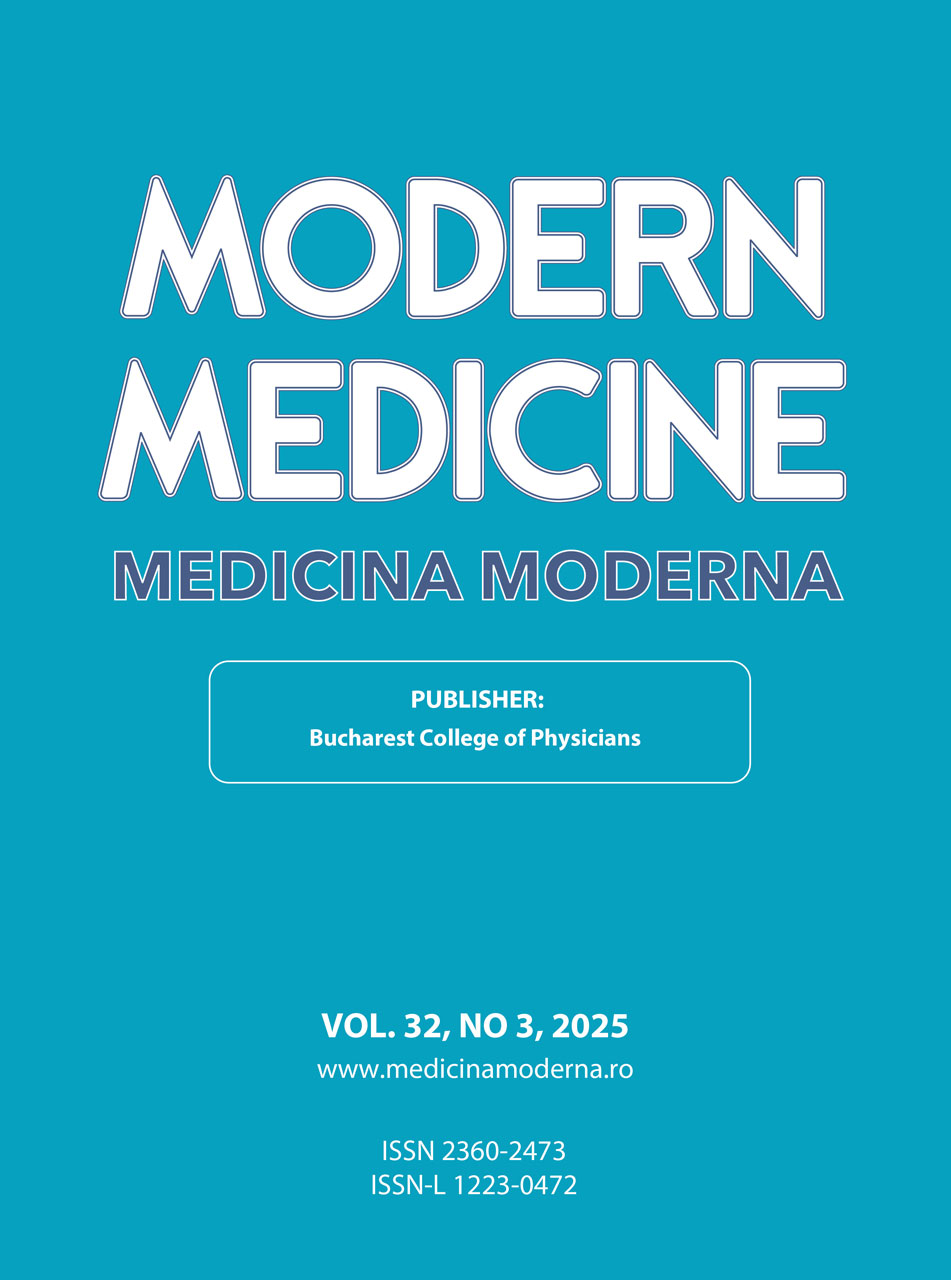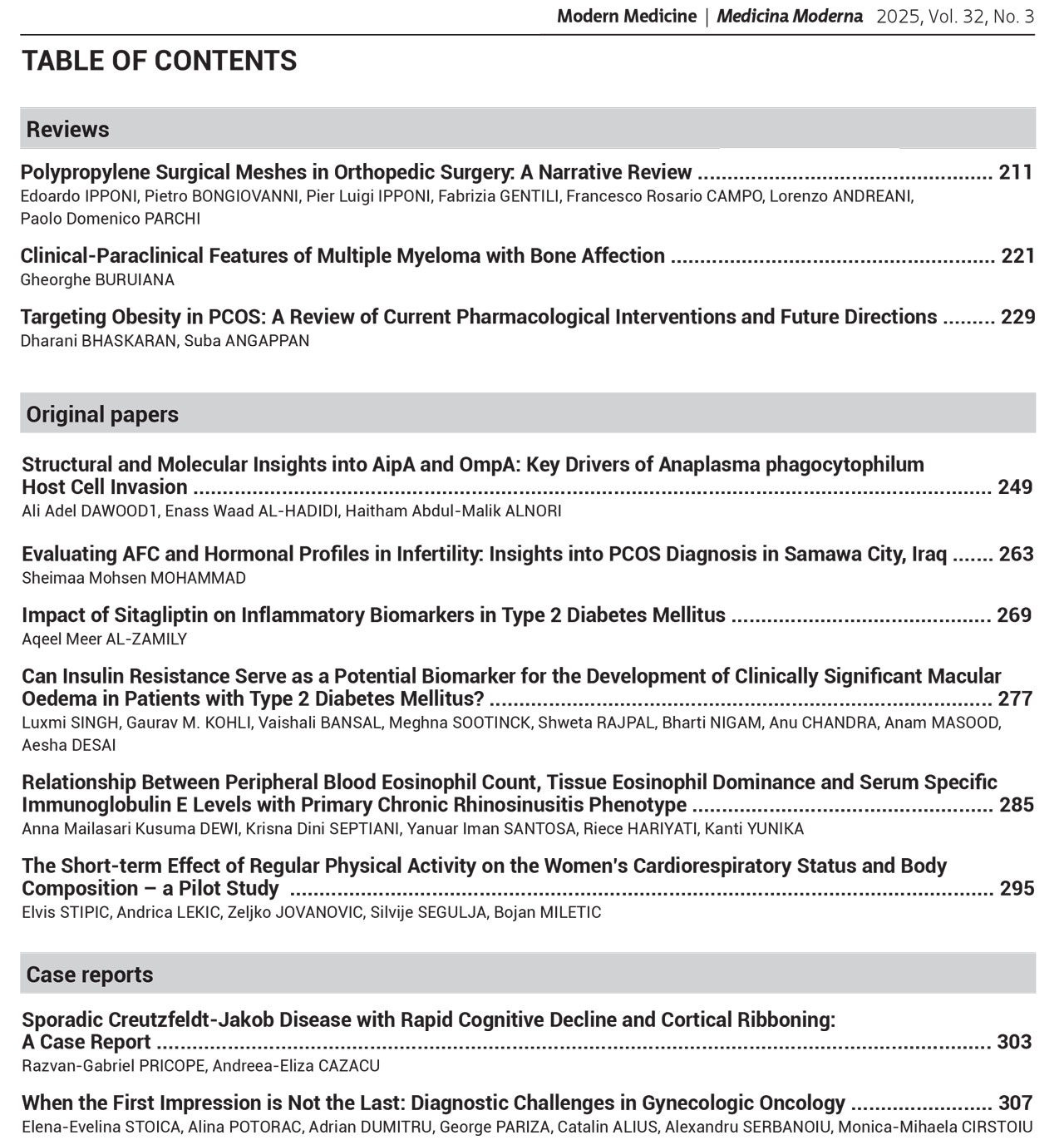Obesity is a common and significant comorbidity of Polycystic Ovary Syndrome (PCOS), contributing to a range of metabolic and reproductive complications. The rising prevalence of obesity, particularly among women of reproductive age, exacerbates the symptoms of PCOS, such as Insulin Resistance (IR), hyperandrogenism, and menstrual irregularities, while increasing the risk of long-term conditions like Type 2 Diabetes Mellitus (T2DM), cardiovascular disease, and infertility. Despite the importance of addressing obesity in PCOS, current pharmacological treatments remain limited and often ineffective in providing sustained weight loss and metabolic improvements. This review aims to evaluate the available pharmacological options for managing obesity in women with PCOS, including well-established treatments such as Metformin, Orlistat, Liraglutide and Tirzepatide, as well as emerging therapies like Semaglutide, Cagrilintide, Bimagrumab and Leptin Sensitizers. These therapies target key mechanisms of obesity, including IR, appetite regulation and fat metabolism. While promising, these emerging therapies require further clinical investigation to confirm their long-term safety and efficacy. Additionally, the role of lifestyle interventions, such as dietary changes and physical activity, in combination with pharmacological treatments, is discussed to optimize outcomes for patients. The review also highlights the need for personalized treatment approaches that consider the complex metabolic and hormonal dysfunctions associated with PCOS. Finally, the article calls for future research to explore combination therapies and novel pharmacological agents, as well as the potential for multidisciplinary approaches in clinical trials. Addressing obesity in PCOS remains a critical public health challenge and ongoing advancements in treatment options are essential to improving the health and quality of life for affected women.





